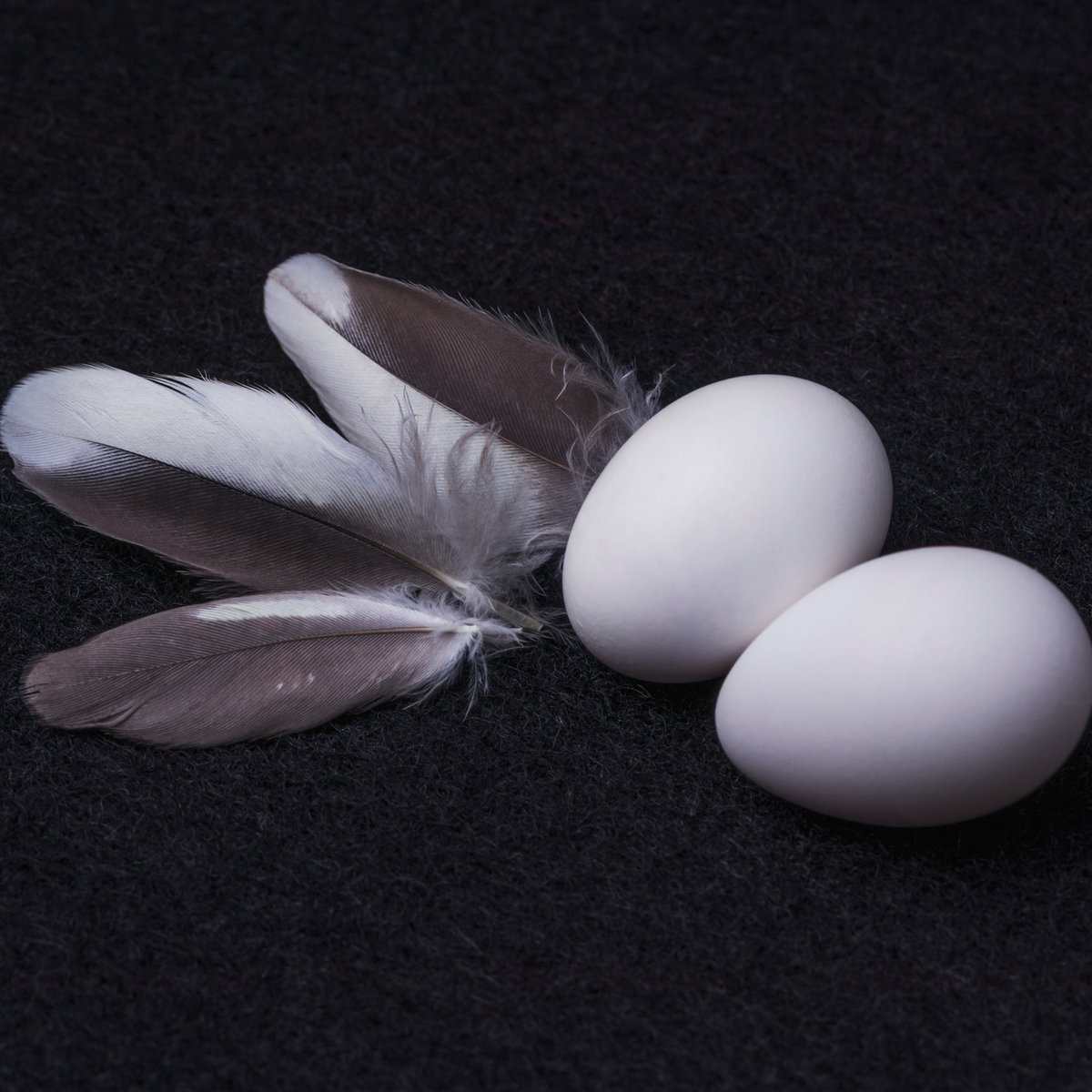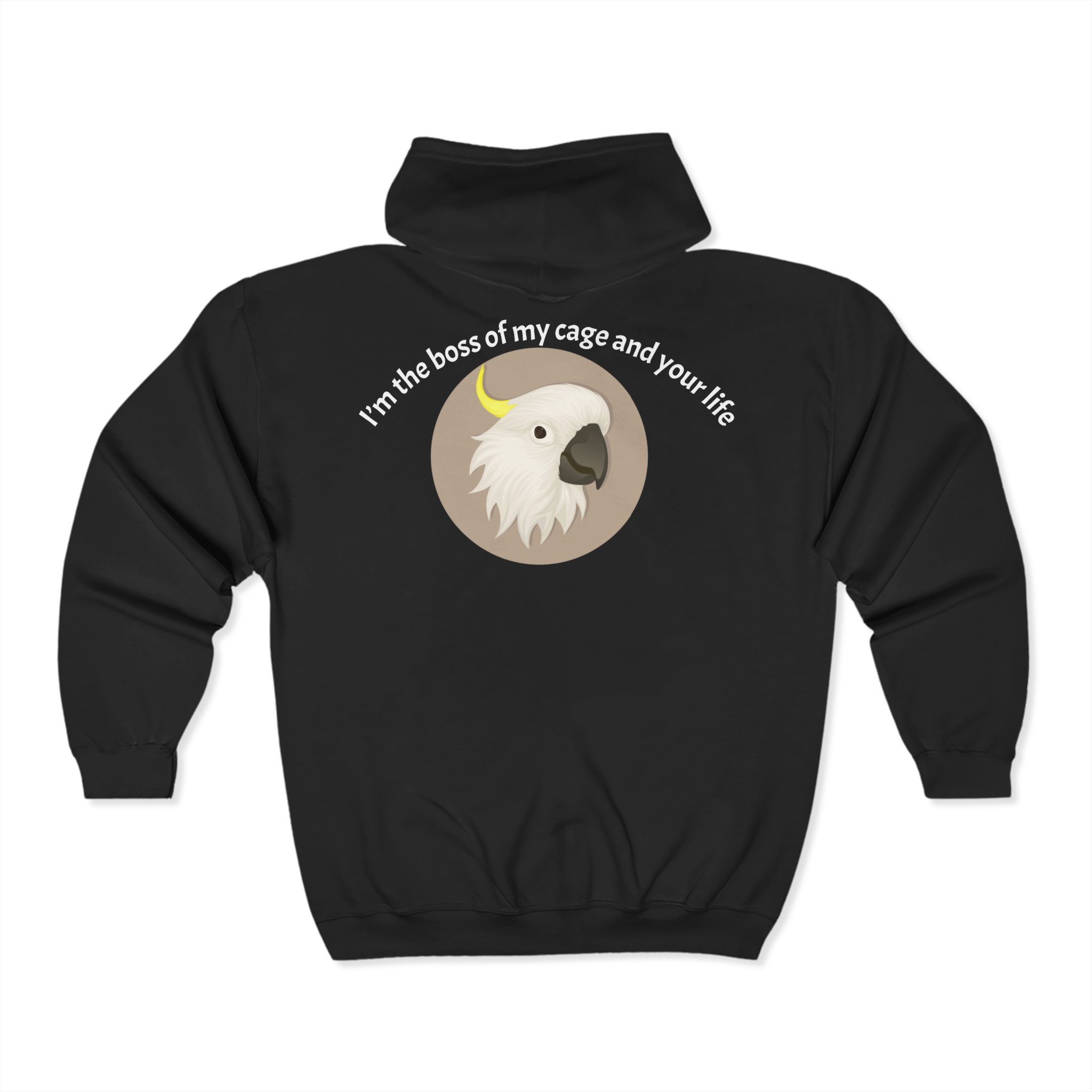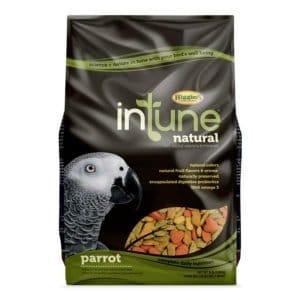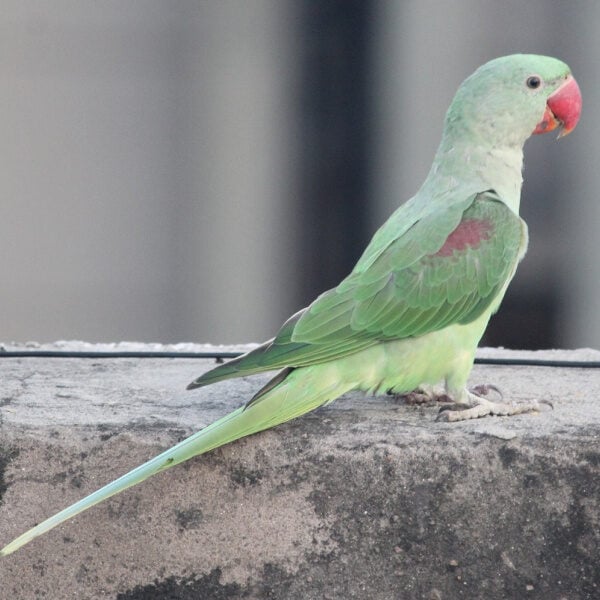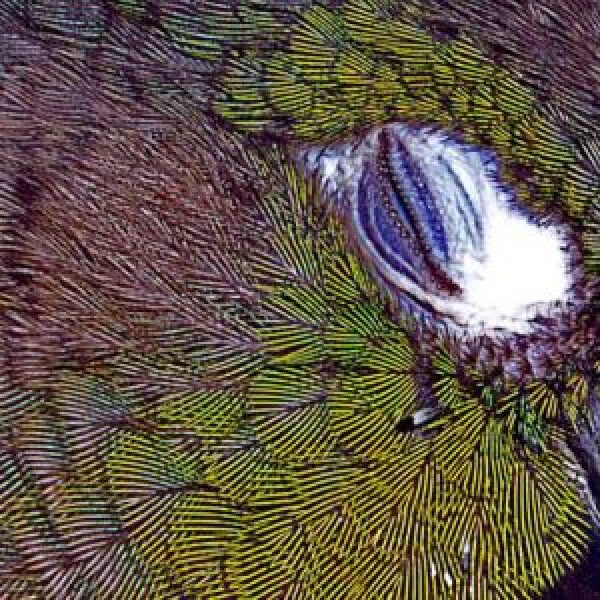-
- Embroidered Unisex Denim Jacket – Casual Style, Perfect Gift for Trendsetters, Birthday, Anniversary, or Everyday Wear New!
- $130.87 – $134.58Price range: $130.87 through $134.58
- Select options This product has multiple variants. The options may be chosen on the product page
-
- Unisex Heavy Blend™ Full Zip Hooded Sweatshirt New!
- $43.85 – $50.15Price range: $43.85 through $50.15
- Select options This product has multiple variants. The options may be chosen on the product page
-
- Fun Macaw Mug – Playful Red Design for Gifting, Home Office, Coffee Lovers, Birthday, Novelty, Unique Gifts New!
- $8.98
- Select options This product has multiple variants. The options may be chosen on the product page
Because we know our bird is doing her single mom thing and there is no guy around the egg is definitely infertile. It is not fair to the bird to allow her to try to hatch the egg for weeks.Our cockatiel Popcorn is a prolific egg layer. To the uninitiated many female birds, especially cockatiels and lovebirds will lay eggs whether or not they have a guy to help around the cage.
There you are drinking your morning coffee trying to get ready for work and as you breeze by the cage you see an egg lying on the grate.
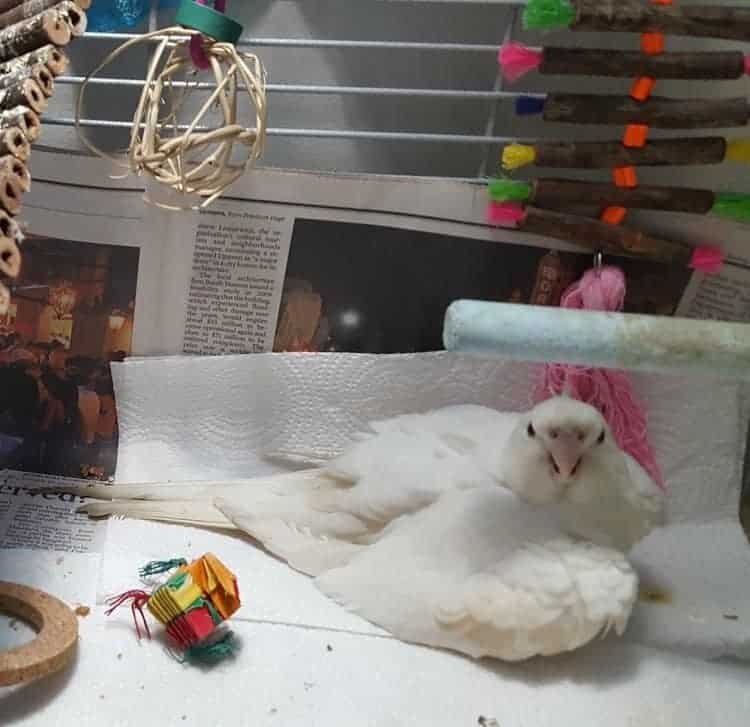
If your bird is seeking space in drawers or the linen closet
she is being “broody” (looking for a nest)
Plus the single egg on the bottom of the cage is a trigger for your bird to create more eggs, what we call a prolific egg layer. Your preferred course of action is to allow the new proud mommy to perhaps sit on the egg for a couple of days but then pulled it out and any remnants of the nest she was trying to build to facilitate her breeding activities.
That’s only a small part of the problem. Egg production triggers many physiological reactions that impact your bird. For every egg laid more calcium is depleted from the bones. More calories are required to nurture the egg. Thus basic nutrition is diverted from the bird’s system to the egg.
Adjusting phototropic periods can help. People speak of adjusting the amount of hours your full-spectrum light that shines on your bird by changing its timer (you have one right?) to allow less than 12 hours of light per day. In nature, long days and plentiful food and water sources are triggers for laying eggs (fertile ones) because the parent birds know the time is right for longer foraging periods so they will be able to feed the babies and still have enough for themselves.
One method we are still fact-checking involves a particular bird supplement and exposing the bird to 72 hours of sunlight shutting down the reproductive system totally. We’re still not sure we’re comfortable with that method.
As a bird ages and if she is producing too many eggs or she is weak from overproduction, she may become “egg bound”. An egg-bound bird has an egg that is stuck inside of her. It may be soft, not properly formed, or she simply may not have the energy to push the egg out.

An egg bound bird faces possible death unless veterinary care is sought immediately. If you do have an egg bound bird and an avian veterinarian is not available at the moment you can give her a couple of drops of olive oil on her beak, make sure she is warm and place several drops of the olive oil in her vent. This is where the egg comes out.
The hope here is that the oil will lubricate the egg to facilitate the passing of the egg. It is important that her environment is warm — close to hundred degrees Fahrenheit, that she is getting lots of fresh air and is hydrated. In a perfect world it is best to let nature take its course
How do you know if your bird is egg bound? If your bird is laying eggs take a look at her belly and check to see that is not distended. It can be difficult to determine but if you see her on the bottom of the cage all puffy, dropping really wet poop or possibly not pooping at all because the egg is interfering with poop leaving the body, please do know that emergencies happen when your vet is not available. In addition to using the olive oil, you can place her in the bathroom and turn the shower on hot, developing a lot of steam and creating a very moist environment. Try to achieve around 100 degrees F. Place the bird on a warm, moist towel. This will hopefully relax the bird so she can dilate and perhaps be able to pass the egg. You can also try a very shallow warm bath; the water should cover her vent area well. We don’t recommend that you try to massage the egg out like in the video below because you risk the chance of breaking the egg which only complicates matters further in term of inviting infection and possible death. bound egg massaged out by an avian veterinarian If you’re lucky enough to get the egg to pass intact, keep your bird in a warm quiet environment until the shock and the stress pass and she’s back to her regular routine of eating, treating, sleeping high in the cage, playing, and pooping Can egg binding be avoided? Possibly. If your bird does in fact have a calcium deficiency which is common in breeding hens or cases of vitamin D deficiency — a condition that you can only determine by a blood workup at a vet’s office, the hen may end up with a bound egg. Calcium supplements added to the food, mineral blocks, cuttlebone or crushed eggshells from hard-boiled eggs (boiling or baking kills the bacteria) are great for hens that are going to breed or lay eggs without a male present. We talk about the negative health implications of birds on an all-seed diet. Egg binding could possibly be a by-product of a diet low in protein. Birds that do not get exercise, are not allowed to fly, and or kept in bird cages that are too small will have poorly developed muscles making it is harder for them to push an egg out of their body. This especially holds true for older birds. A note added by Nora: As I was editing Mitch’s article, it brought to mind the only case of egg binding I’ve had to deal with first hand. I rescued a blind male and fully sighted female cockatiel, removing them from a neglectful situation. I could not separate them because she was his “seeing eye bird”. They were well underweight and it was summer so the days were long and hormones were active. My birds all enjoyed a good diet including seeds, treats, mineral blocks, fruits and vegetables. I began providing for the abused pair until I could get them healthy enough to stand the stress of moving to the lady who operated a facility just for handicapped birds. I already had 15 birds in an apartment, I just couldn’t take on another pair. About two weeks into building their weight, I arrived home on a Friday afternoon — an hour after any vets would have closed — to find tons of poop all over the cage and the frightened female huddled on the cage floor, with fluffed feathers, eyes barely opened, in obvious pain and periodically having spasm-like motions as she continued to tried to push the stuck egg out. She had already reached the point in egg binding of severe prolapse (her insides were hanging out). I tried the methods above, but she was just too weak to push the egg out. . I found an emergency vet clinic in the phone book that said in their ad that they were open 24/7, so I called. I asked if the on-duty vet had dealt with egg binding in small parrots that had prolapse and learned he had successfully saved several egg bound hens. I rushed her to the clinic, speeding like crazy all the way, where the vet successfully removed the egg. The hen pulled through the recovery process just fine and was back to normal in a week. It wasn’t more expensive than a regular vet appointment either. Remember if egg binding signs appear in your hen and nothing seems to help her pass the egg, most cities, even small ones, have an emergency vet clinic that operates expanded hours. Written by Mitch Rezman Approved by Catherine Tobsing-
- -10%
- USDA Organic Certified TOPS 2 PACK Parrot Food Pellets For All Size Hookbills 4 Lb – TOP42P
-
$60.00Original price was: $60.00.$54.00Current price is: $54.00. - Add to cart
- 4 in stock
-
- -4%
- Higgins Versele-Laga Intune Pellets Parrot Pellets 3 lb
-
$24.00Original price was: $24.00.$23.00Current price is: $23.00. - Add to cart
- 6 in stock
-
- -8%
- Lafebers Classic Parrot Nutri-berries Non-GMO 3.25 lb
-
$49.00Original price was: $49.00.$45.00Current price is: $45.00.Rated 5.00 out of 5 - Add to cart
- Only 1 left in stock
Author Profile
Latest entries
 The Traveling BirdJune 26, 2025Can You Name 5 Parrot Species That Are Living Wild in the USA?
The Traveling BirdJune 26, 2025Can You Name 5 Parrot Species That Are Living Wild in the USA? Bird BehaviorJune 26, 2025How is it Parrots Are Problem Solvers Social Animals and Even Use Tools?
Bird BehaviorJune 26, 2025How is it Parrots Are Problem Solvers Social Animals and Even Use Tools? Bird & Parrot AnatomyJune 25, 2025How a Tiny Chemical Modification Makes Parrots Nature’s Living Paintings
Bird & Parrot AnatomyJune 25, 2025How a Tiny Chemical Modification Makes Parrots Nature’s Living Paintings PigeonsJune 20, 2025How Do Parrots Thrive in Cities Outside Their Native Habitats?
PigeonsJune 20, 2025How Do Parrots Thrive in Cities Outside Their Native Habitats?
